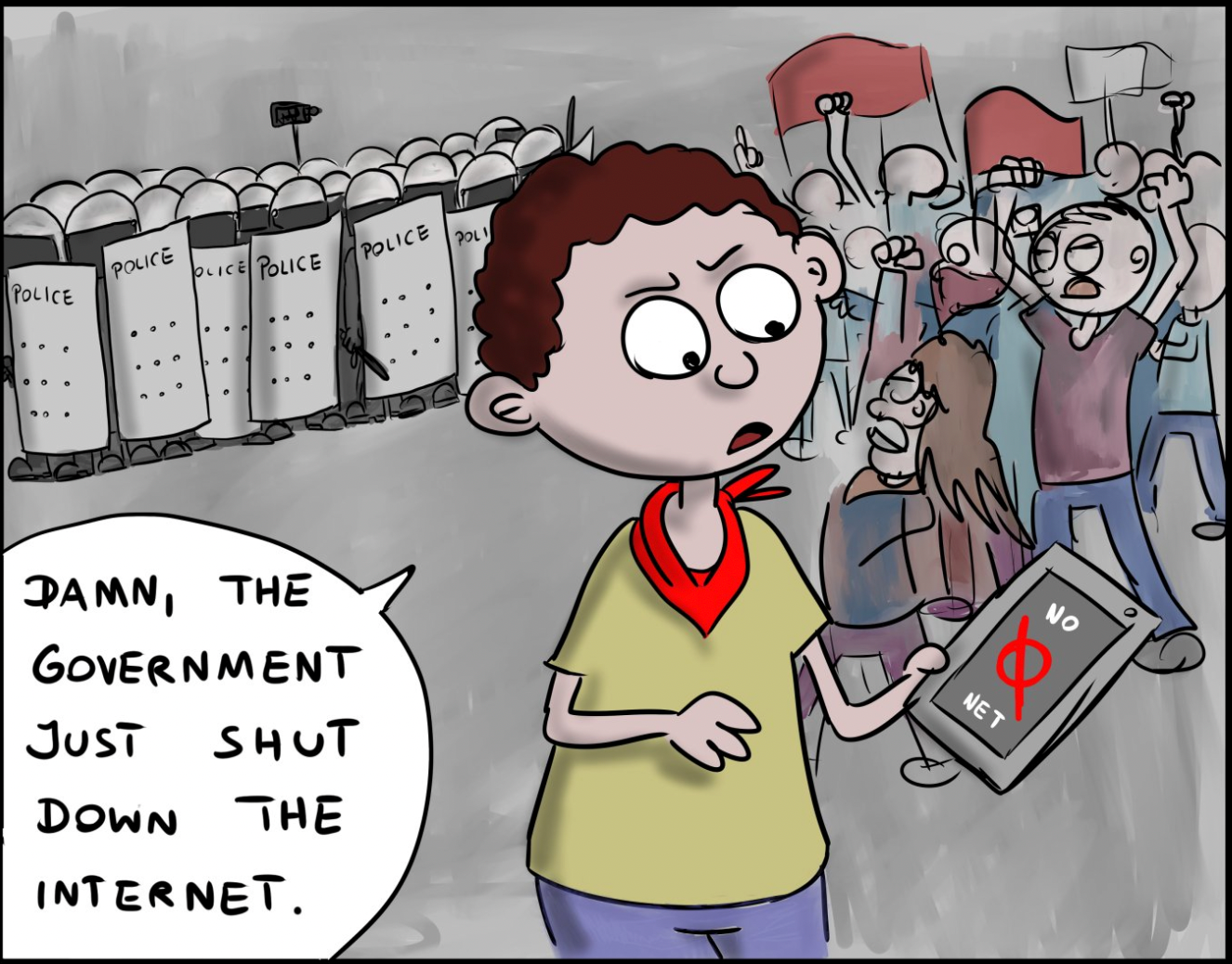In 2016, we started running the messenger review series on decentralize.today since we anticipated how significant they would become in the mix of communication options and the impact on privacy.
The article talk about a desktop version of Briar, but they only show an Android version:
deleted by creator
I ran it for a bit a few years ago when I had very bad internet on holiday - I could never get it working. It hogged all my battery for ages and couldn’t send a message to my gf who was right next to me.
IMO the way for mesh messaging tech to gain a foothold is by being useful when there’s a bunch of people in a location where there’s no internet, so they should be targeted at those people first:
- Holiday destinations where people are charged for WiFi and the mobile network is either under heavy pressure or not available (campsites, cruise ships, holidays where roaming charges hurt)
- Hiking, where people have intermittent internet but other people are sometimes in range for relaying messages
- Music festivals, where huge numbers of people gathered in one place overload the network.
- Nightclubs and warehouse parties where you’re in a metal box with no signal unless you go for a smoke
- A device that doesn’t have a network subscription, like tablets, but wants to get messages while away from WiFi networks
Then build a public mesh that has utility, not this crazy one-hop fundamentalism but something that actually works.
deleted by creator
You just described what Briar is designed to do: multi-hop over WiFi and Bluetooth.
I tested it out a few months ago on Android and it worked really well. Tested it out with bluetooth as well as with an internet connection.
I think the biggest advantage is also the biggest showstopper as people have to learn, that Briar does not always delivers messages in at once in some milliseconds. As the article says the messages are delivered to the next Briar node and stored until in can be handed forward. Even with internet access delivery can last several minutes. And I don’t know how well Briars works if only few people use it.




